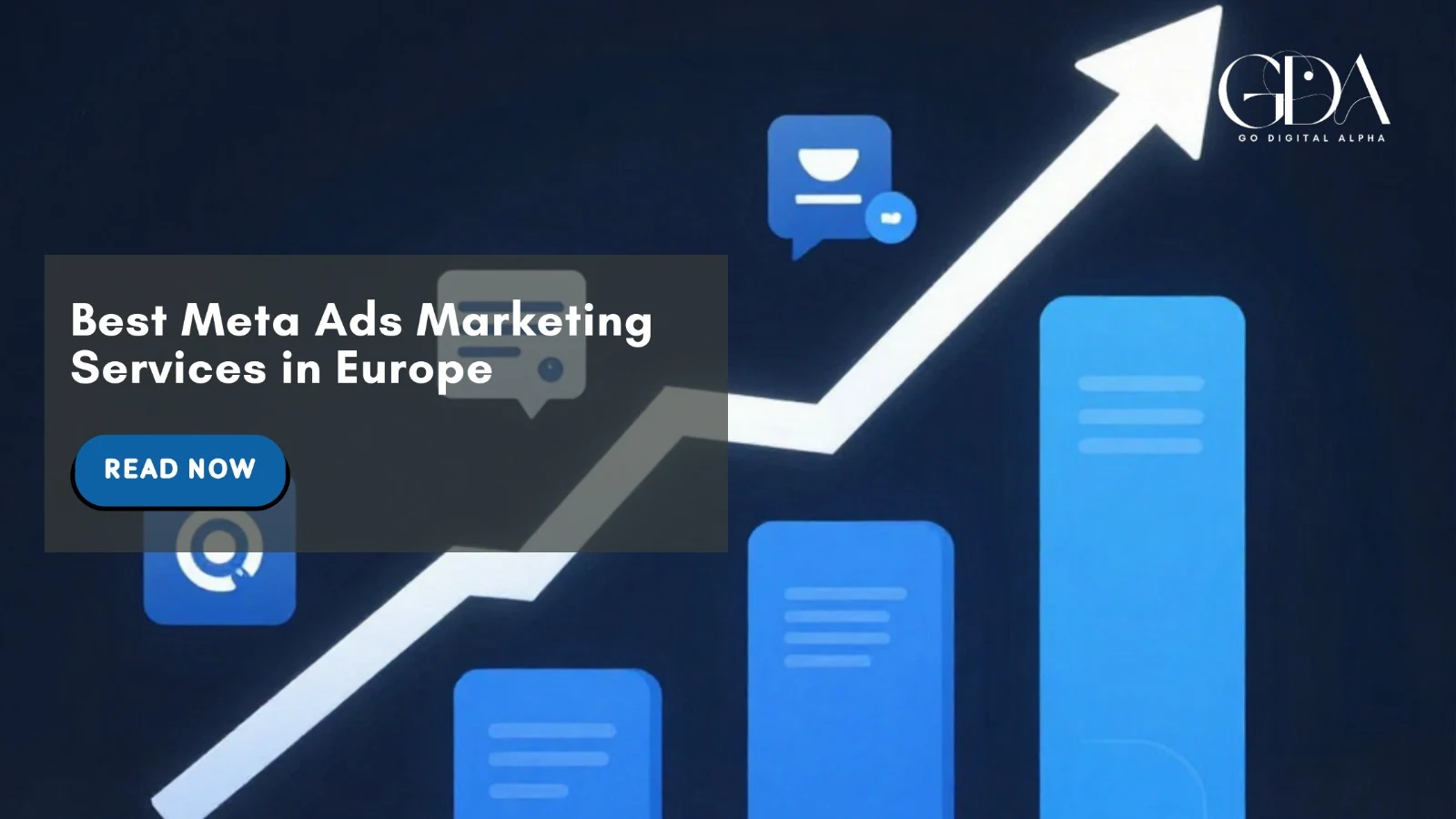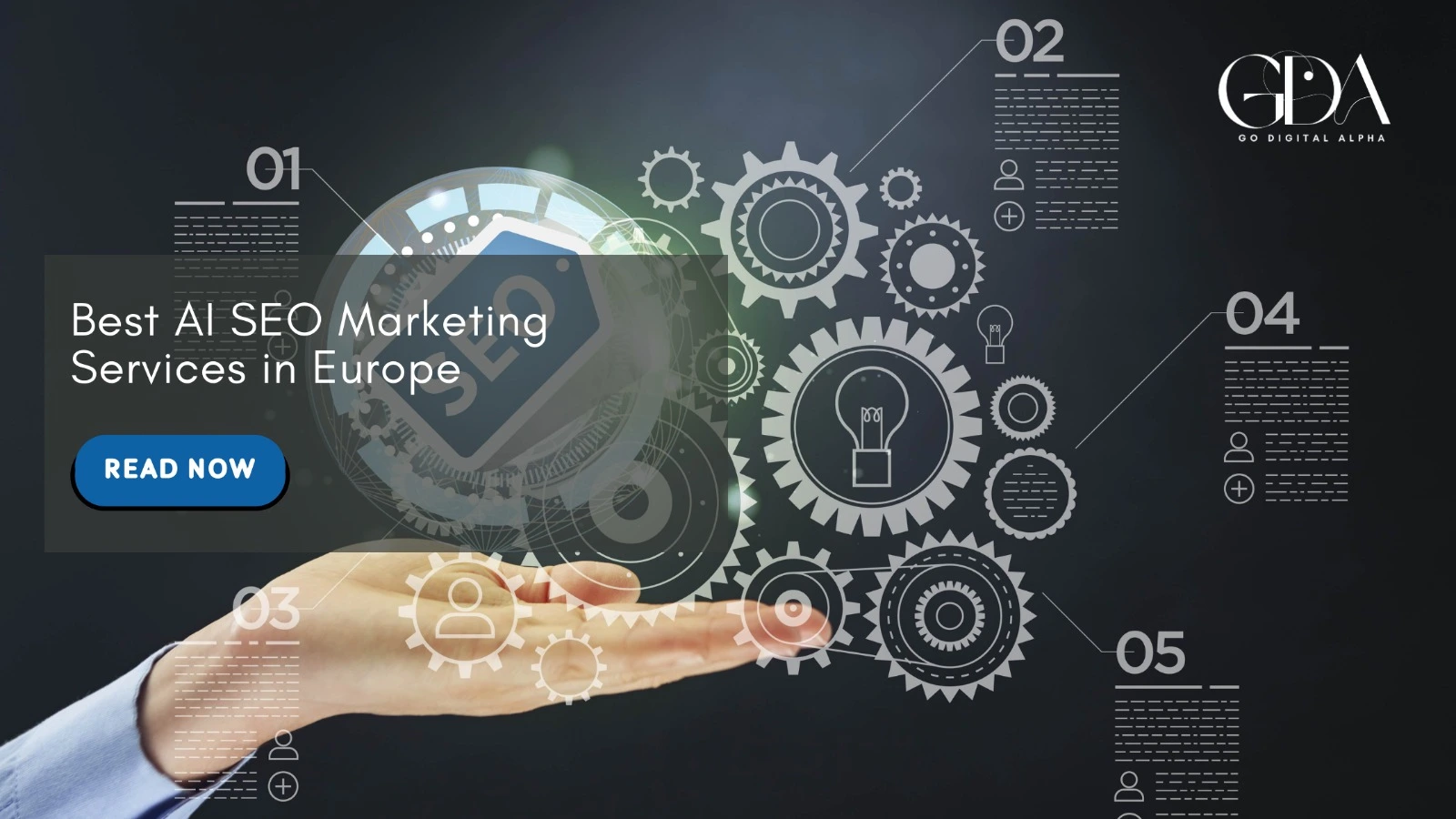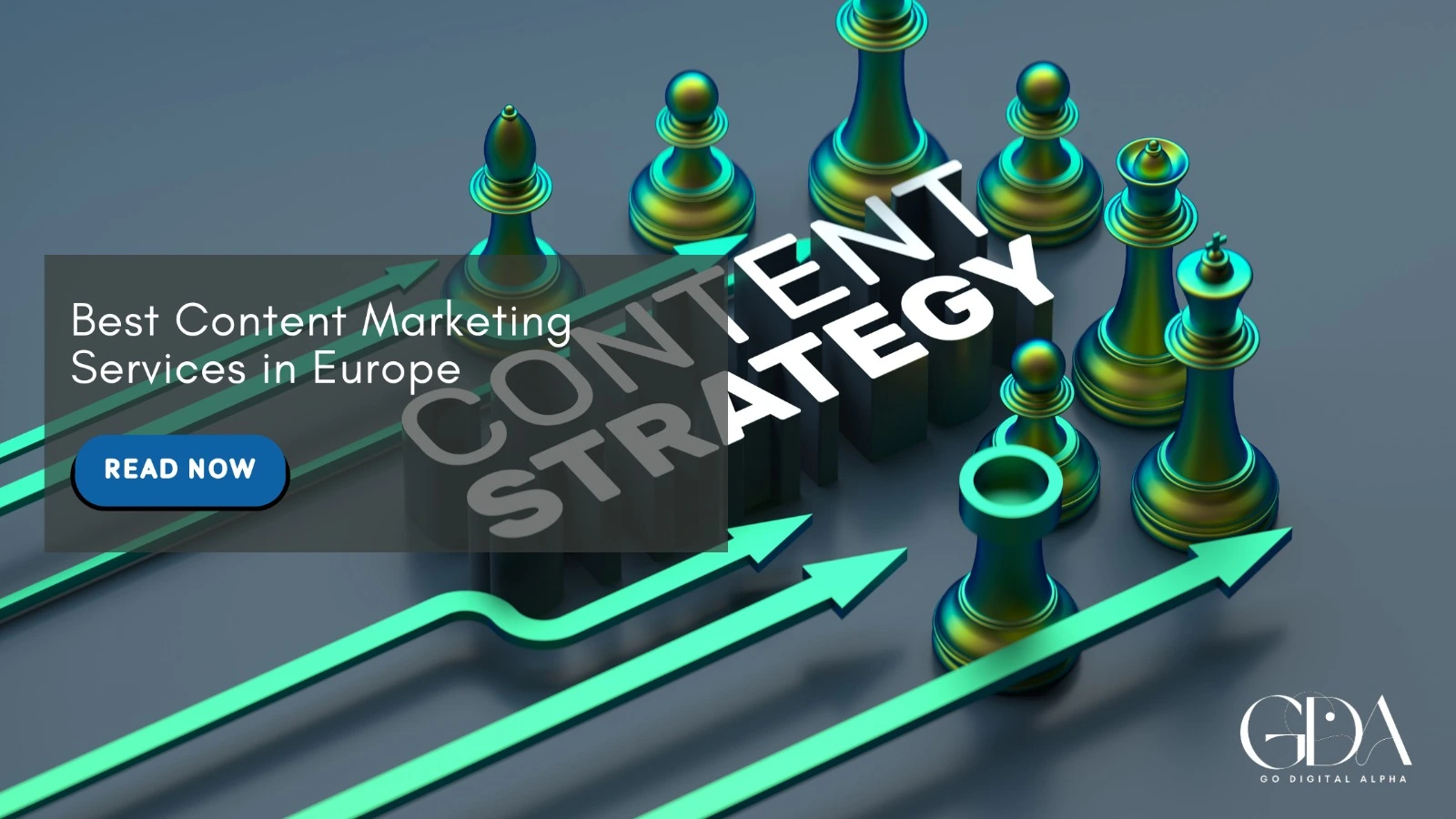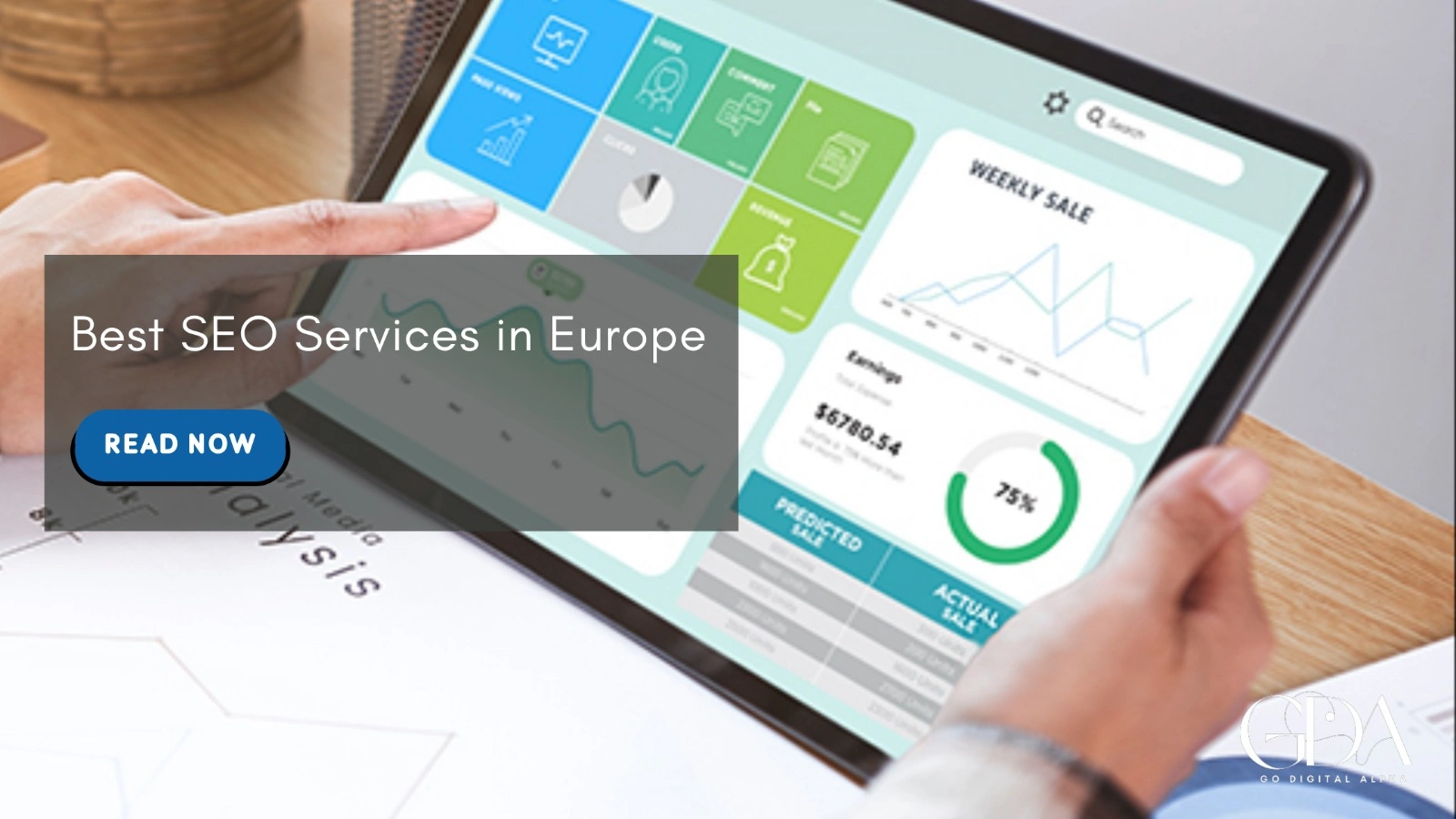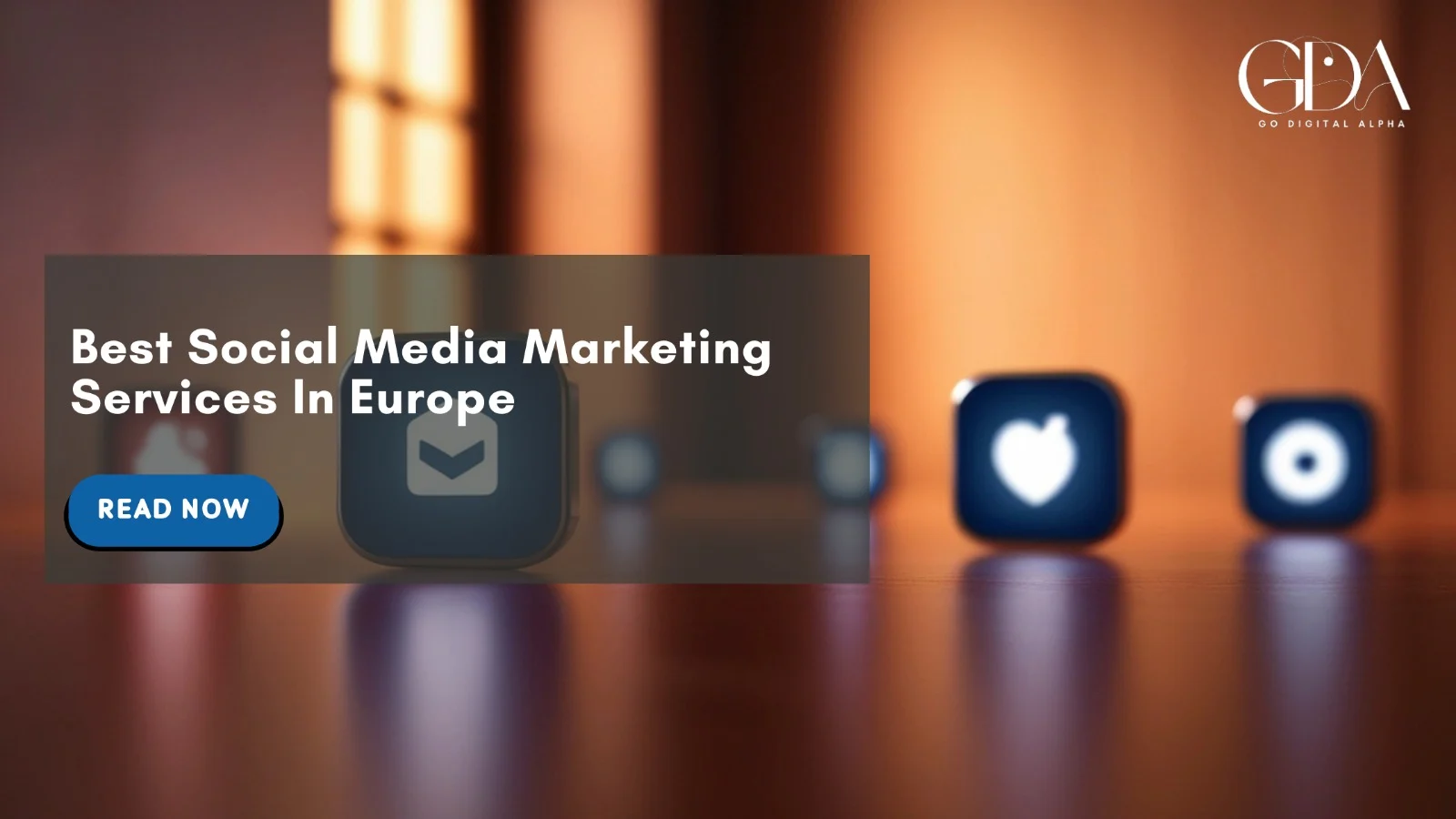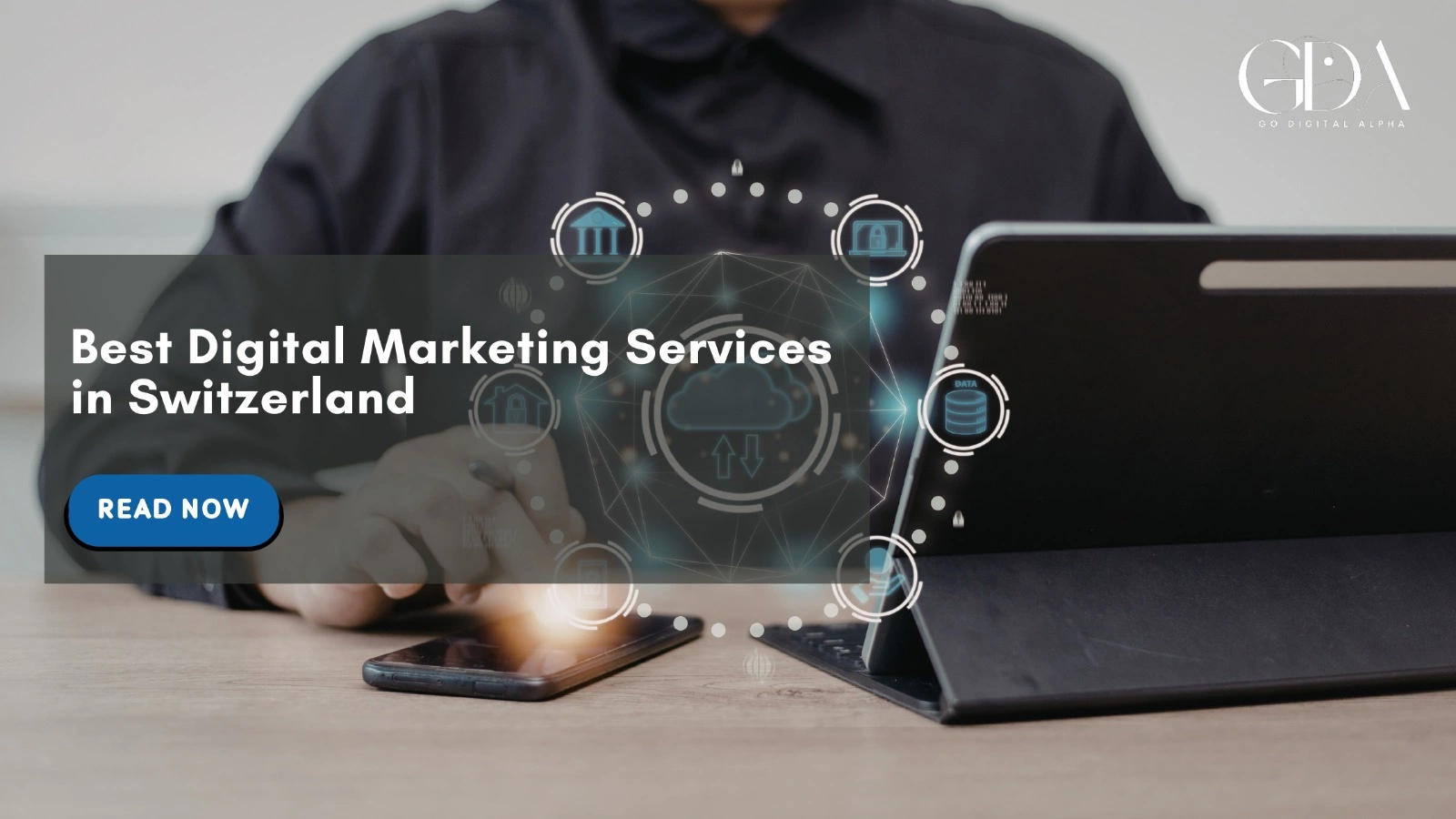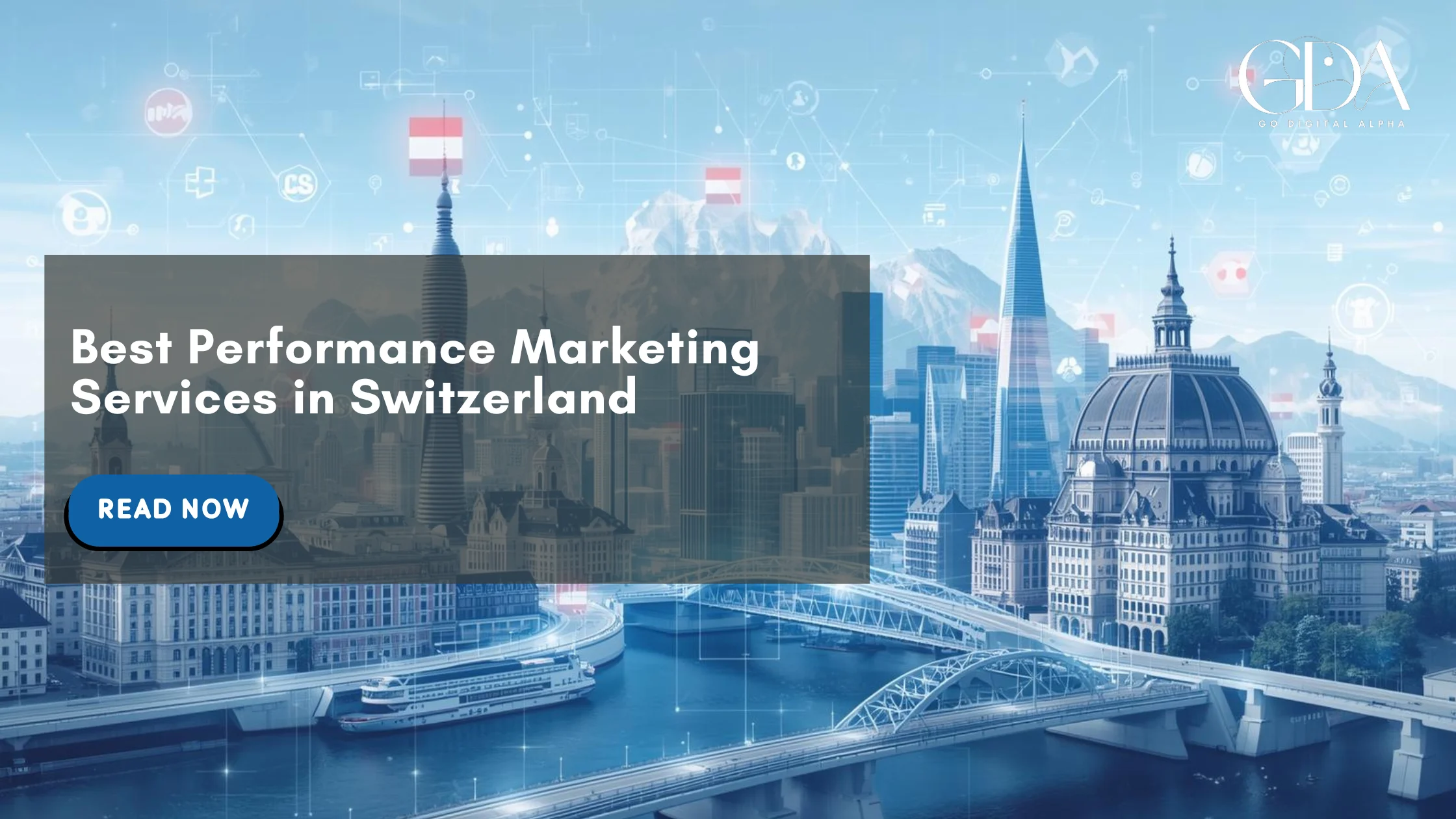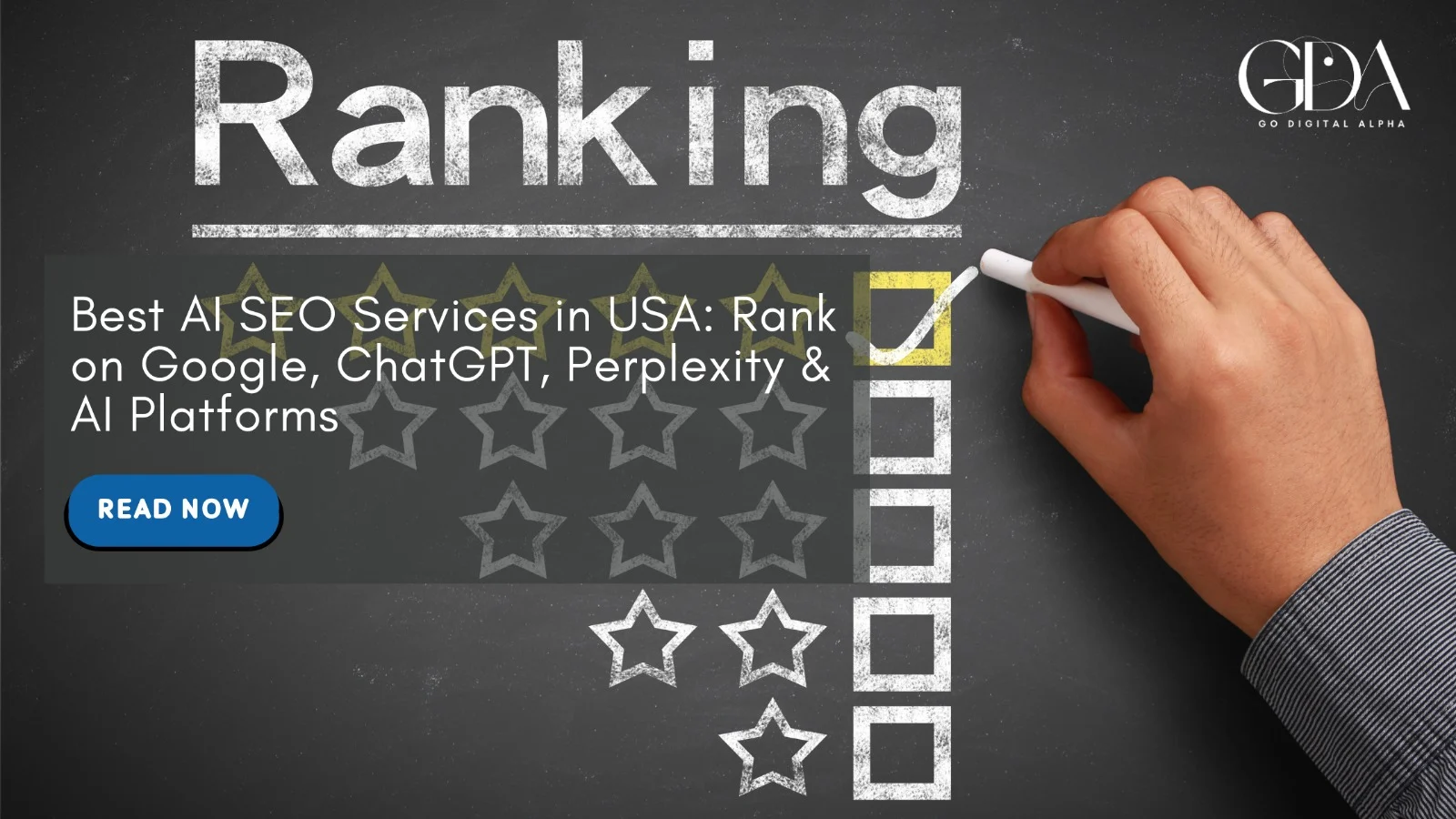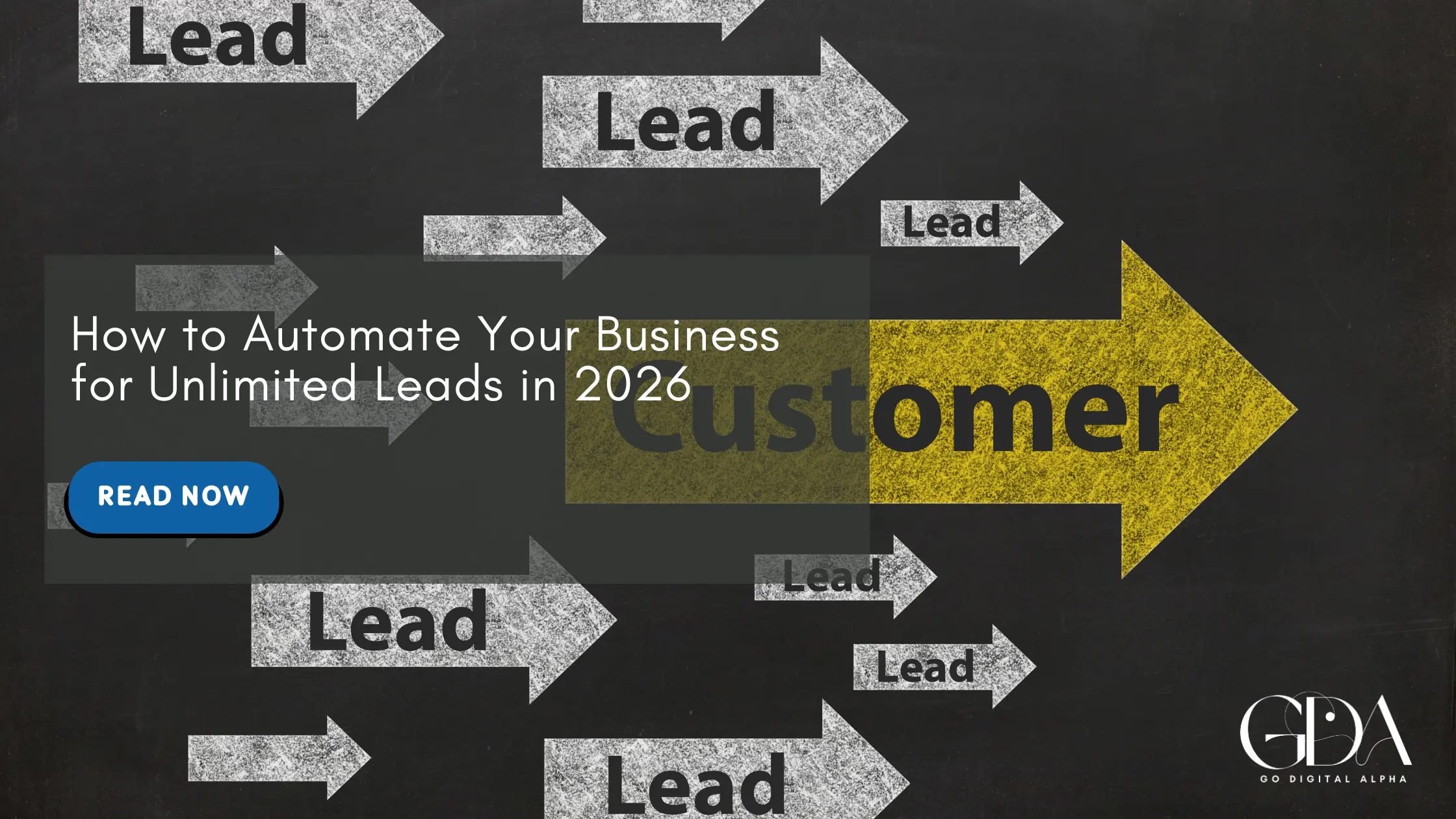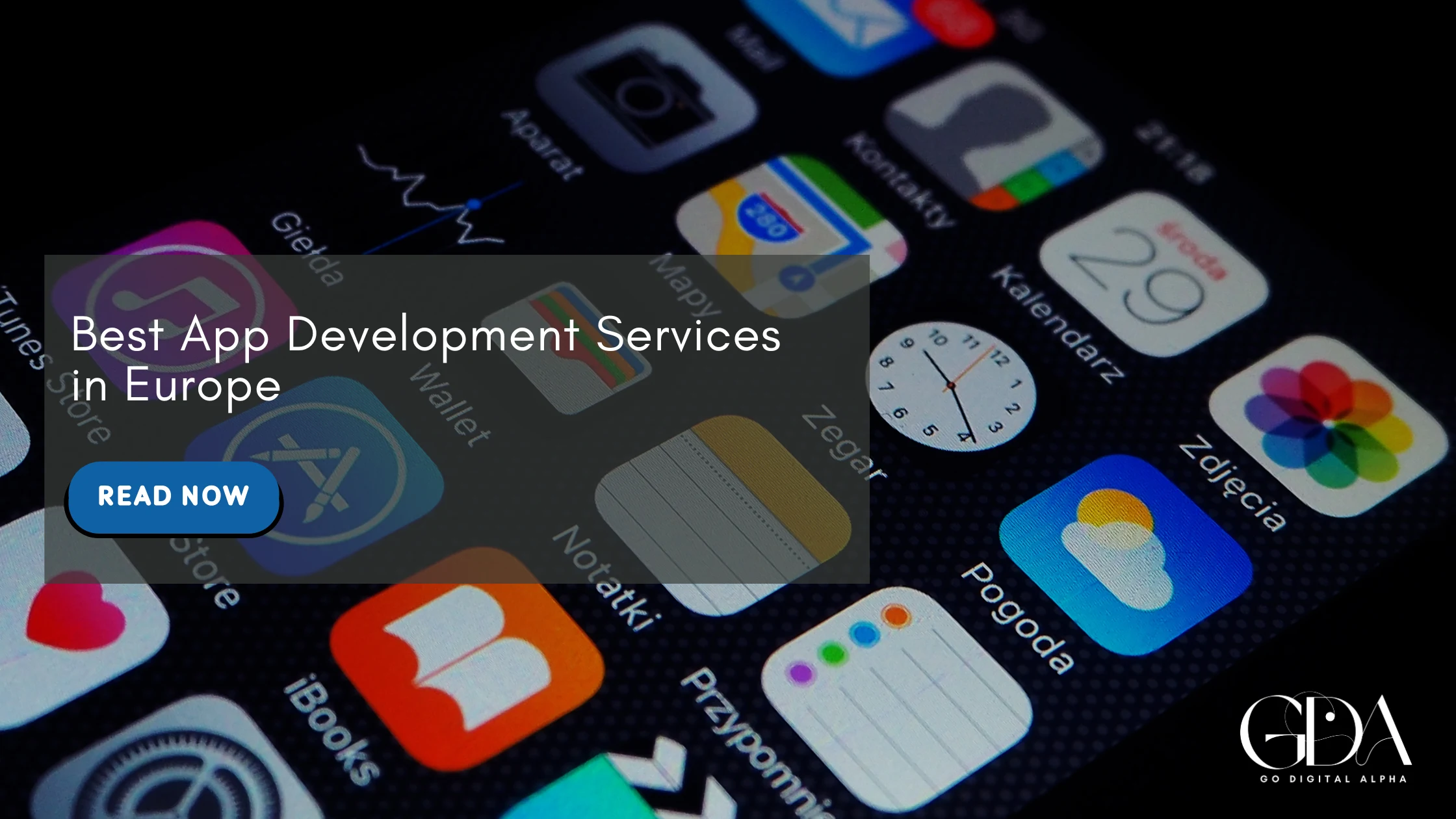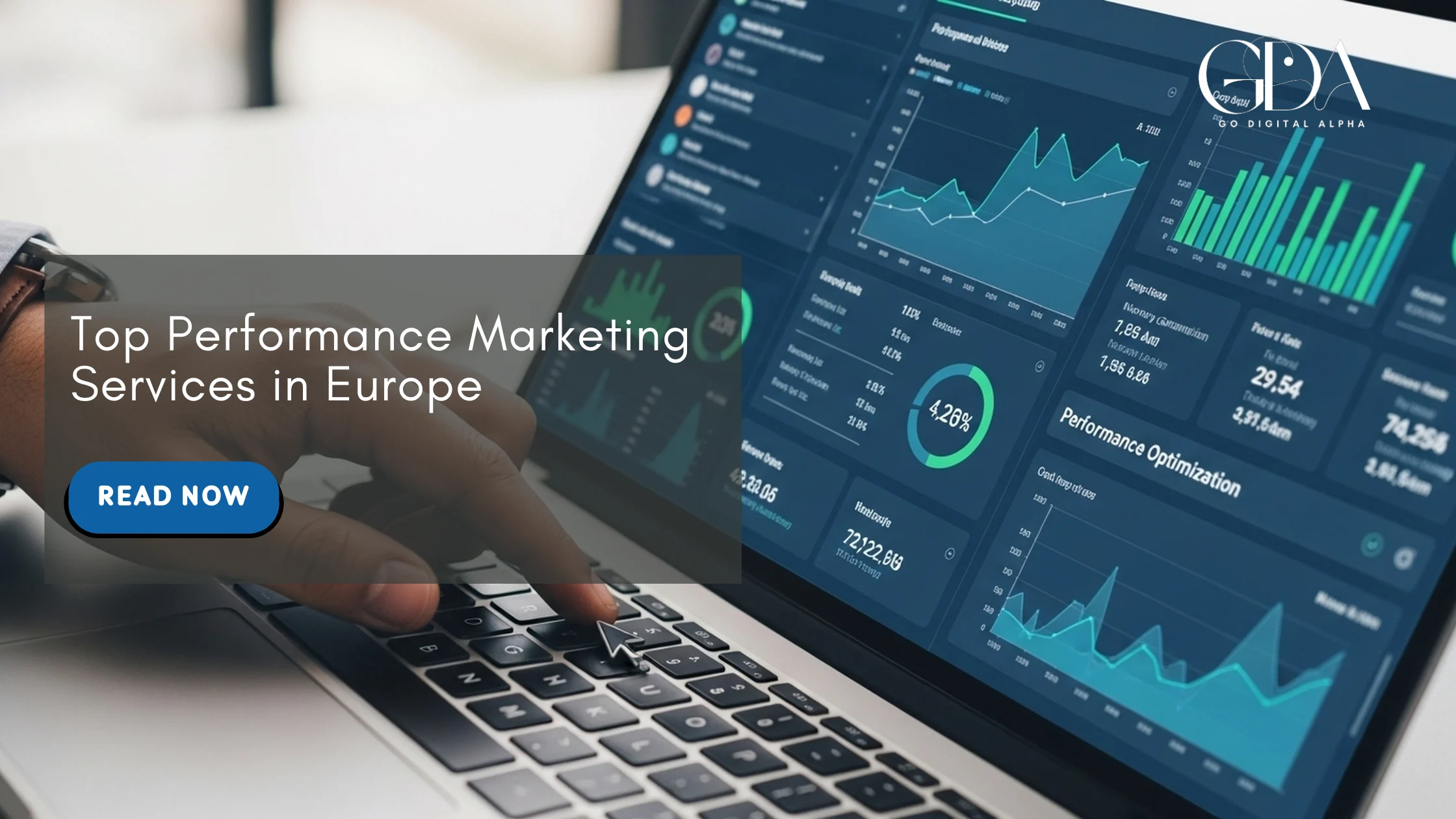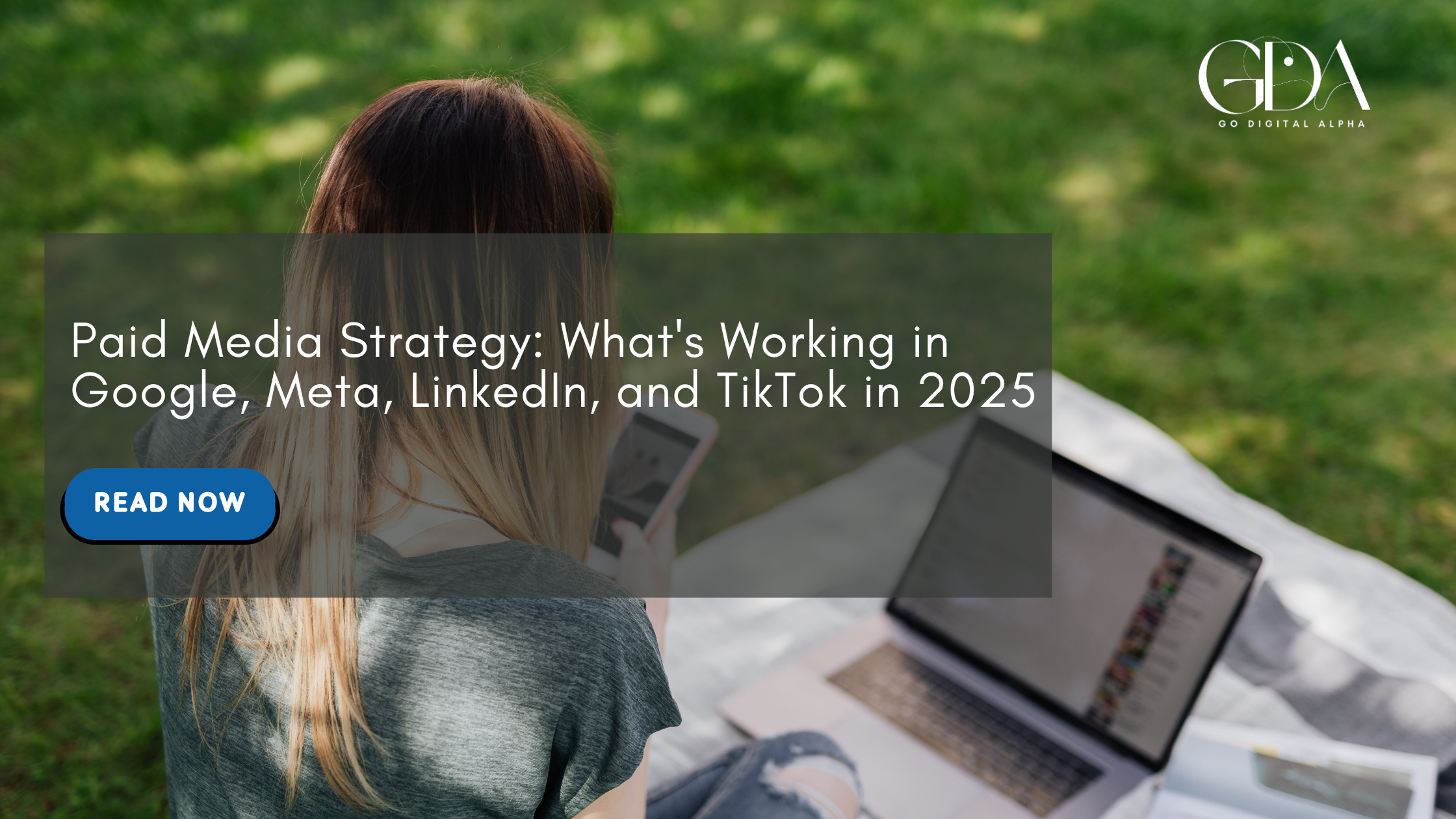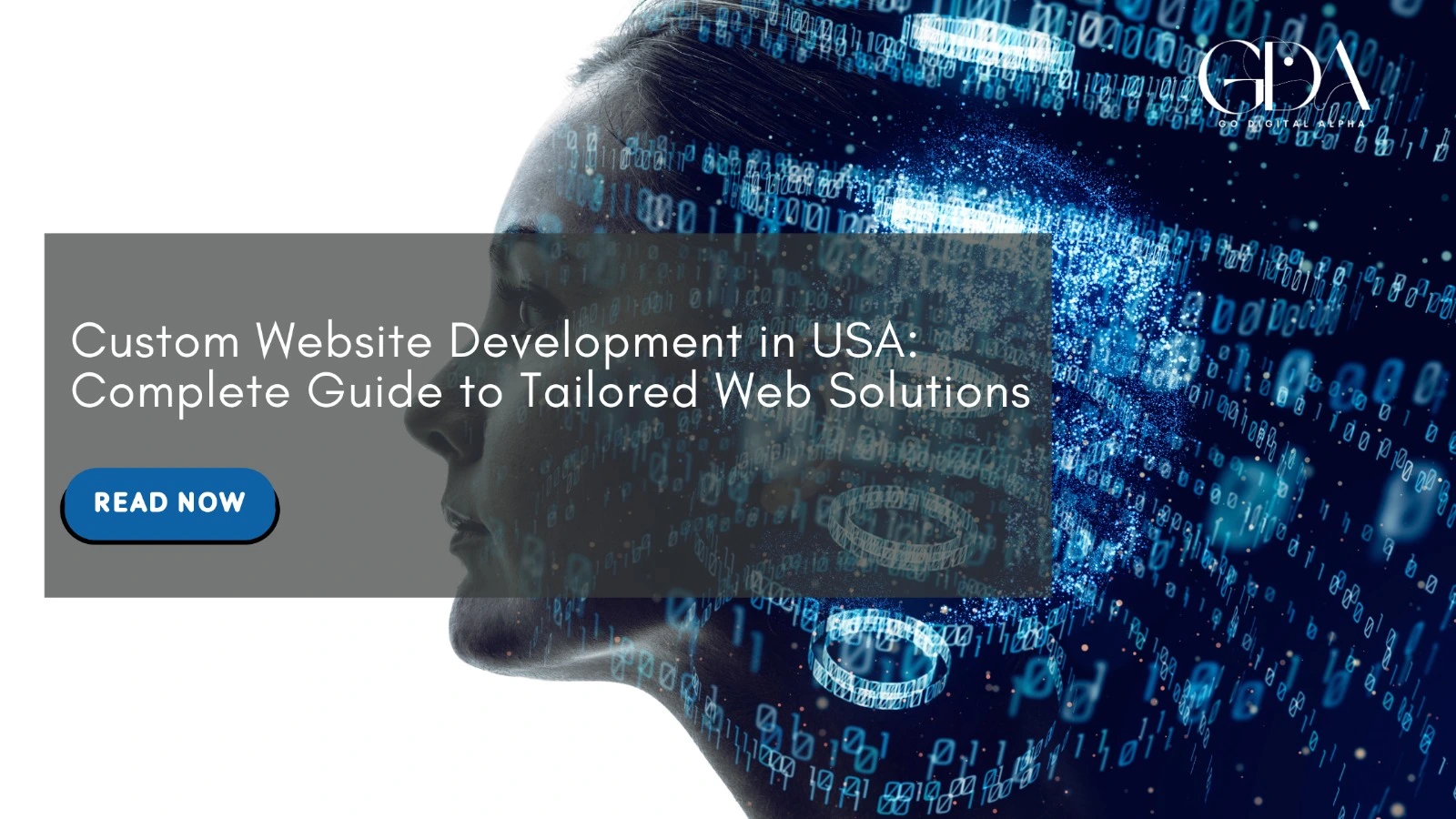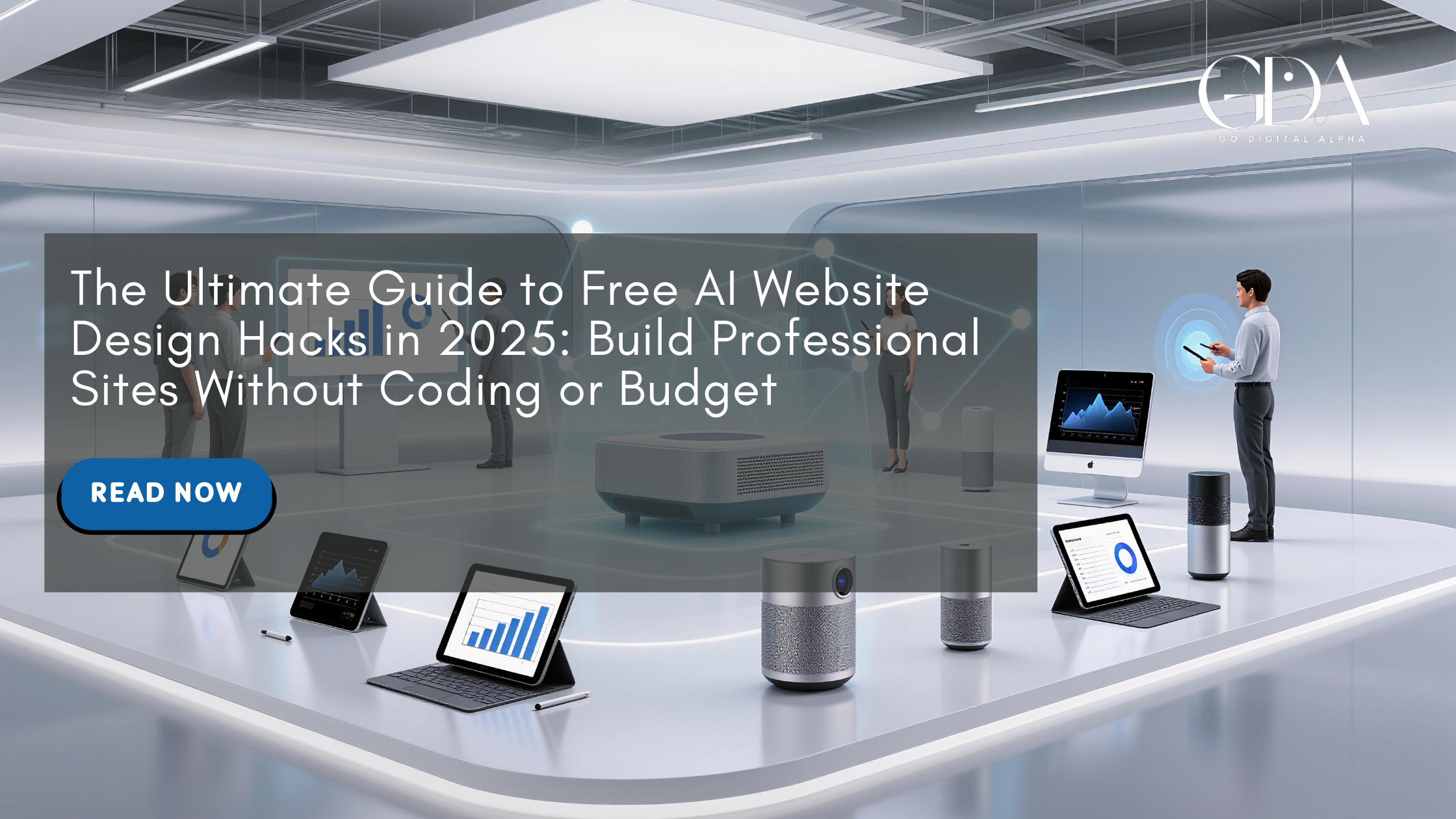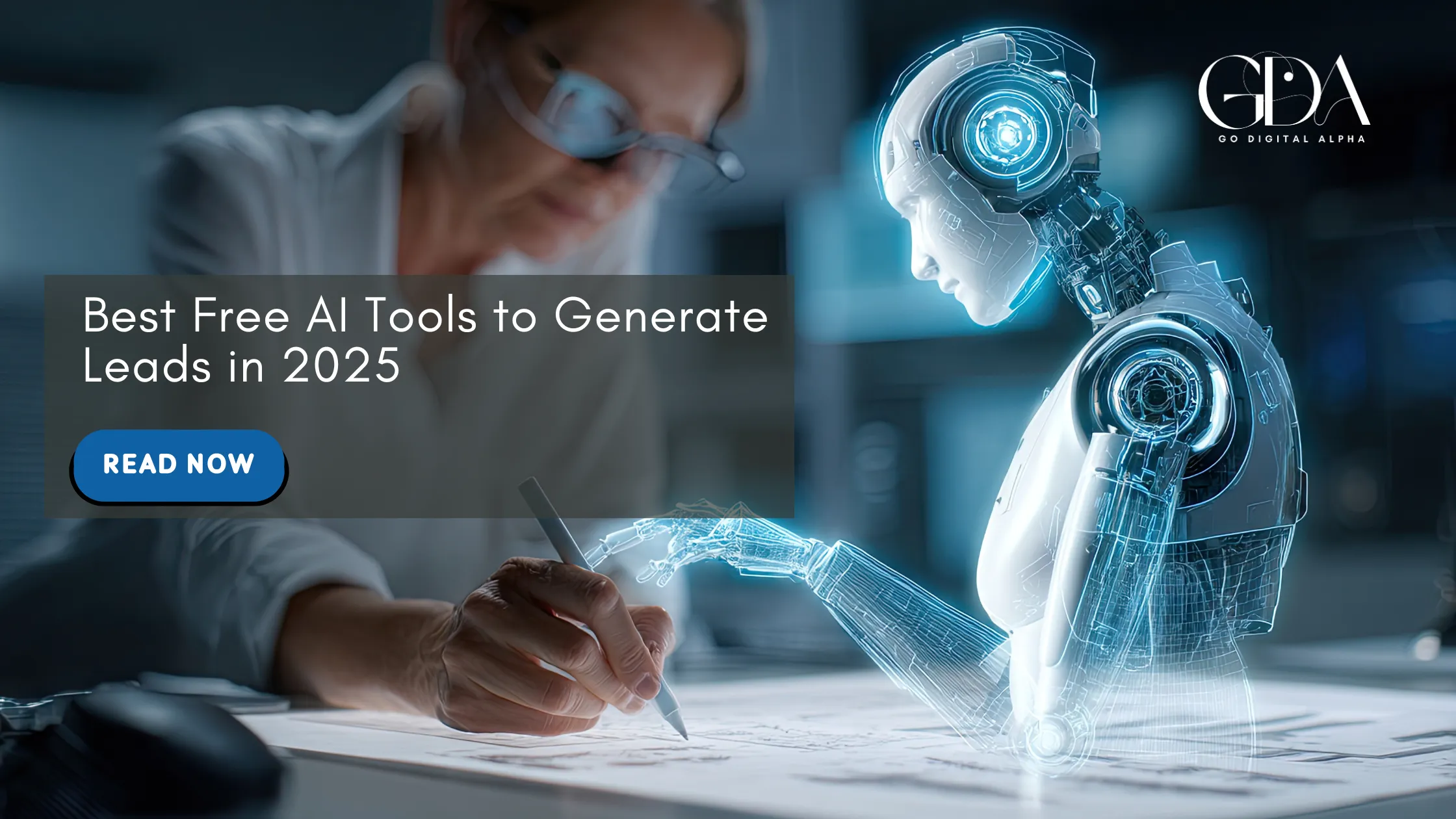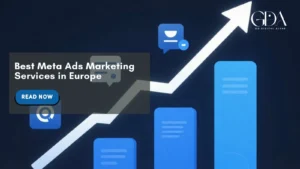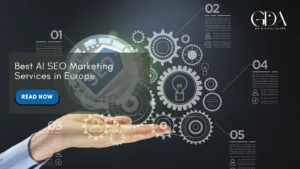Know about why AI is the secret weapon of top SEO experts in 2025. Explore powerful platforms that automate campaigns, optimize targeting, and boost conversion rates for smarter marketing success.
Why AI Is the Secret Weapon of Top SEO Experts in 2025
- Homepage
- Insights
- Why AI Is the Secret Weapon of Top SEO Experts in 2025
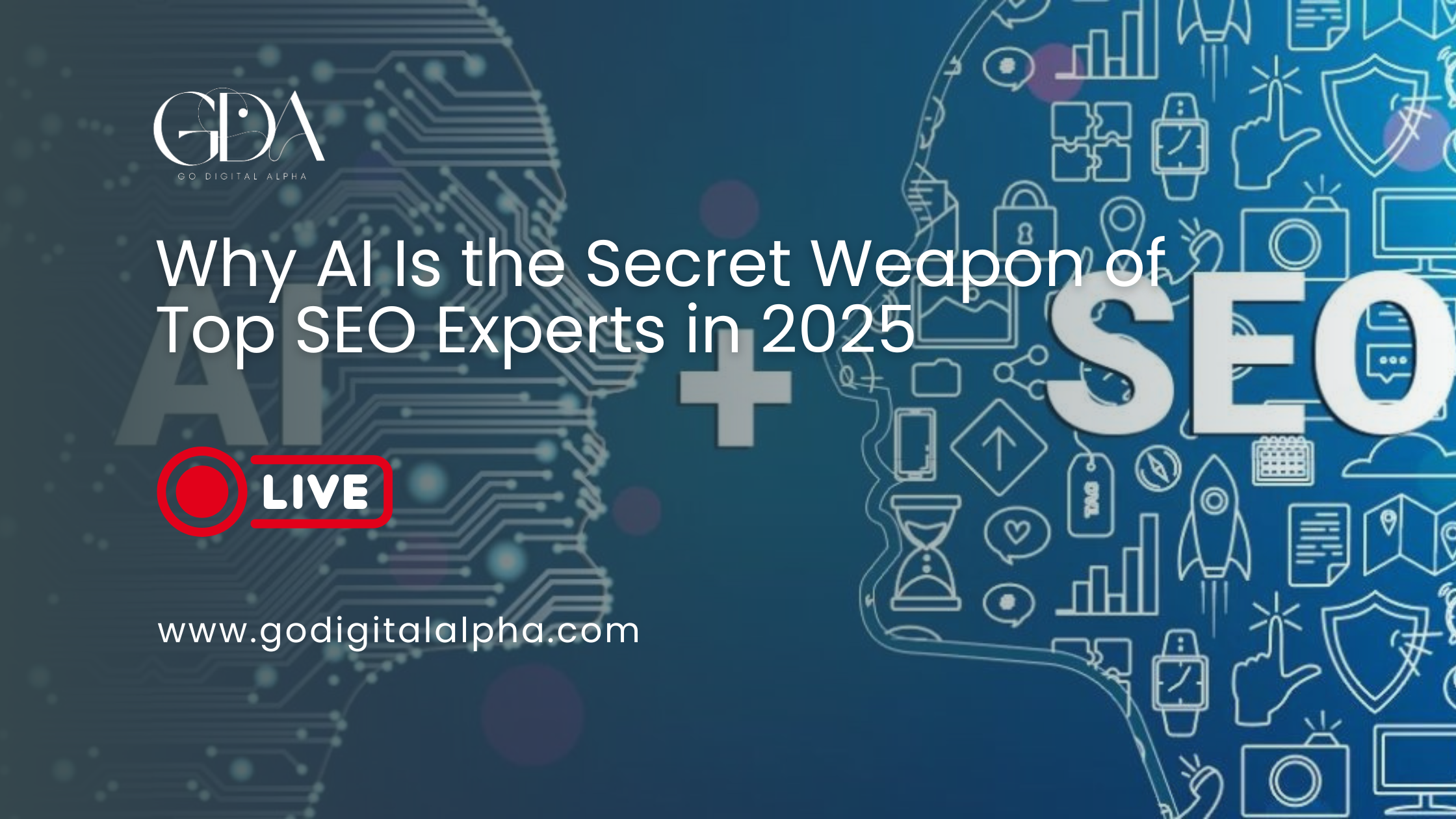
In 2025, artificial intelligence (AI) is revolutionizing search engine optimization (SEO) in unprecedented ways. Search engines themselves are now AI-driven – Google’s Gemini-powered AI Overviews can answer complex queries in one step – and users are increasingly relying on chatbots and virtual assistants for information. Industry analysts warn that by 2026, one-quarter of traditional search traffic may shift to AI chat interfaces. In this rapidly evolving landscape, leading SEO professionals are turning to AI tools as their “secret weapon.”
They use machine learning and natural language processing to optimize content and keywords more precisely, automate repetitive tasks at scale, and predict future trends. As SEO expert Neil Patel notes, “optimizing content for search engines isn’t enough anymore” – marketers must embrace “new trends like … AI” alongside traditional best practices. In short, top agencies and in-house SEO teams leverage AI not only to keep pace with algorithm changes, but to outsmart competitors by delivering more accurate, scalable, and high-ROI strategies.
Key Takeaways
AI-Powered Content Optimization
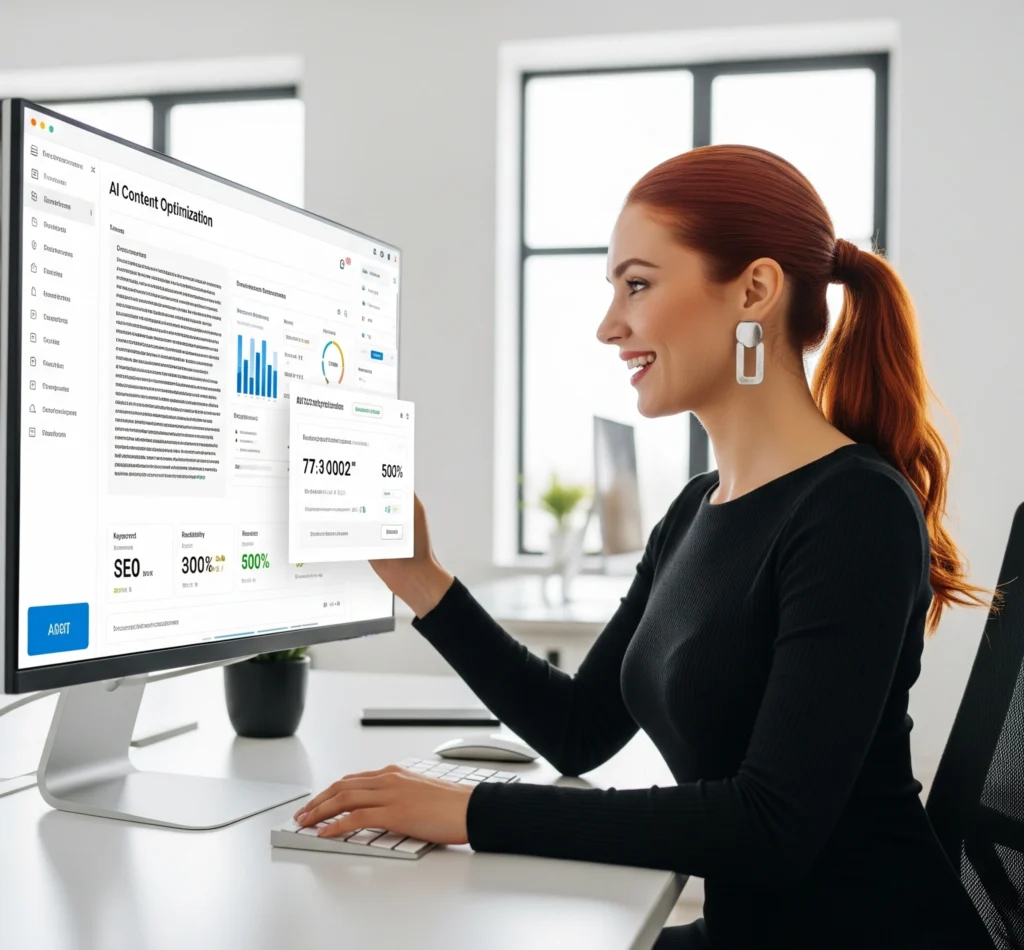
AI-driven content tools help SEO experts craft and refine webpages that rank higher and engage users better. For example, Surfer SEO is an “AI-powered content optimization tool” that analyzes top-ranking pages for a target keyword and gives precise recommendations on word count, headings, keyword usage, structure and more.
Rather than guess what Google’s algorithm prefers, Surfer’s SEO Content Editor provides a clear roadmap as you write, optimizing content in real time. Similarly, Clearscope markets itself as a “best-in-class SEO content optimization platform” with an AI-powered editor.
It generates content reports and grading that show exactly which terms, topics, and phrases to include; Clearscope even provides “search intent insights” and real-time data from Google to target the right keywords. These tools ensure each article or landing page is thorough, relevant, and semantically complete, matching what Google expects for high rankings.
Other platforms use AI to plan content strategy. MarketMuse’s AI-powered platform “tells you what content to write (and how much)” to rank well where competitors are weak. It ingests your existing site and topically analyzes the competition, then suggests a content brief that covers all necessary subtopics. Generative AI
assistants like Jasper AI (formerly Jarvis) streamline writing itself. Jasper “has established itself as a quasi-standard because of its features, ease of use and excellent output quality”.
Users can prompt Jasper with a topic or keyword and get a draft outline or paragraphs – speeding up initial content creation. In practice, SEO teams might use Jasper or similar tools (Surfer AI, Writesonic, etc.) to draft blog posts, headlines, meta descriptions, or ad copy, then refine those suggestions based on SEO data.
Together, these AI content tools significantly boost accuracy and efficiency. They use large-scale data (top-ranking pages, search results) to pinpoint exactly what content elements lead to higher traffic. As Skyword explains, AI-driven content “doesn’t just streamline operations; it boosts the effectiveness of your content, contributing to sustainable business growth”. In other words, high-quality, AI-optimized content attracts more visitors and conversions – amplifying your SEO ROI. By contrast, human writers alone might overlook key terms or optimal page structure; AI tools act like “data-driven insights that help your content perform better”.
Key AI content tools:
- Surfer SEO: Analyzes top results and tells you exact word counts, keywords, headings, etc.
- Clearscope: Provides content grading and “AI-powered content reports” with recommendations from Google’s data.
- MarketMuse: Plans entire topic clusters, advising which articles and subtopics to create.
- Jasper AI: Uses GPT-based AI to generate draft content and ideas quickly.
- (Others include Frase, Writesonic, Concured, etc., which similarly leverage ML for SEO content.)
AI-Driven Keyword Research & Search Intent Analysis

Modern SEO relies heavily on keyword research and understanding search intent, and AI has transformed these processes. Traditional keyword tools let you see search volumes and competition, but AI-powered keyword tools go far deeper. They “streamline the process of finding valuable keywords” by analyzing vast amounts of data with machine learning.
For example, AI systems can crawl billions of queries and pages to spot emerging trends or niche phrases that humans might miss. The Salesforce marketing team explains that AI-based keyword tools “analyze vast amounts of data to identify high-value keywords with the potential to drive organic traffic”. This means SEO experts can quickly discover long-tail keywords (very specific phrases) that have high intent and conversion rates, rather than guessing at broad terms.
AI also excels at parsing search intent – what users really mean behind a query. Clearscope, for instance, not only reports keyword metrics but also supplies “search intent insights” alongside volume data. This helps marketers target the right kinds of keywords (informational vs transactional, top-of-funnel vs bottom-of-funnel, etc.). Similarly, Ahrefs has rolled out an AI-powered search intent analysis: it no longer just tags keywords as “informational” or “commercial,” but uses machine learning to provide nuanced intent predictions.
Moz Pro introduced a new Search Intent feature that “uses a two-layer process with an ML classification model to help understand where a searcher is in their journey and how to target content effectively”. In practice, this could mean automatically clustering keywords into buyer stages or uncovering which questions users ask before converting.
By combining intent analysis with keyword research, AI tools allow SEO campaigns to be far more precise. They can recommend topics that best match what people are looking for. As Salesforce notes, AI “optimize[s] keyword targeting by using advanced algorithms that analyze user intent, search trends, and competitor strategies”. For example, if a fitness brand targets “running shoes,” an AI tool might reveal high-converting niche queries like “moisture-wicking running shirts for women,” which generic tools might miss. AI can also detect intent shifts: if an AI system sees a spike in searches for “running shoes best for marathon” vs just “running shoes,” it can recommend more specific content.
AI tools for keywords & intent:
- Salesforce AI tools: (In general) use ML/NLP to process huge query datasets.
- Clearscope: Reports search intent signals with each keyword.
- Ahrefs AI: Offers advanced intent categorization and content gap analysis.
- Moz Pro AI: Integrates intent into Keyword Explorer suggestions and domain overviews.
- SEMrush AI: (e.g. Keyword Magic tools use statistical models to suggest related queries with intent labels.)
- Other generative tools: AI language models (like ChatGPT) can even brainstorm keyword ideas by simulating user queries.
AI for Technical SEO and Automation
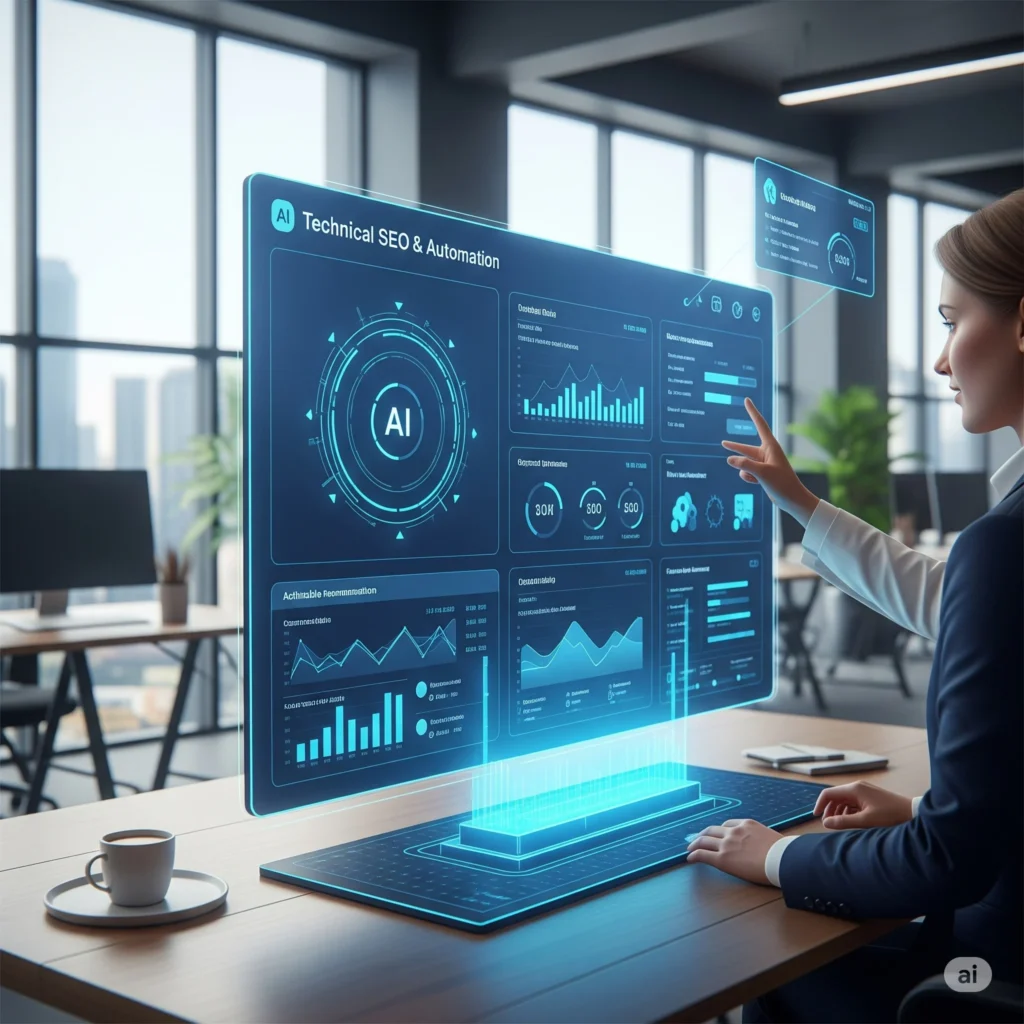
Technical SEO often involves complex audits and ongoing maintenance – tasks where AI and automation shine. Leading platforms now embed AI assistants to help webmasters scan and fix issues. For example, Semrush Copilot is an AI-powered assistant that “offers personalized recommendations based on your SEO performance”.
It gathers data from across Semrush’s suite (site audit, backlink gap, position tracking, etc.) and “consolidates issues and action items into tailored recommendation cards”. In practice, this means an SEO expert can ask Copilot, “What should I fix on our site this week?” and receive prioritized tips (e.g. “fix broken links on 5 key pages,” “optimize meta tags on category pages,” etc.). This automation turns raw data into actionable plans, boosting accuracy (no missed critical issues) and freeing human time.
AI also handles on-page technical details. Advanced tools can analyze a page’s HTML, performance, and schema markup to suggest improvements. Salesforce illustrates this: AI can analyze your content’s structure and user engagement to enhance readability, ensure logical headings, and even generate better metadata in real time.
For instance, an AI tool might detect that your blog post is hard to read and suggest splitting paragraphs or adding bullet lists for clarity. It can also automatically create SEO-friendly image alt-text with relevant keywords, which improves accessibility and helps with image search. AI can flag mobile-specific issues too – recommending layout or speed optimizations so your site performs well on smartphones.
Link building and content distribution benefit as well. Some AI platforms use natural language processing to identify high-value link targets or to generate outreach emails. AI can analyze your competitors’ backlink profiles and suggest publishers or authors likely to link to your content. In short, any repetitive or data-heavy SEO task – from crawl reports to tag audits – can be augmented or automated by AI, improving accuracy and scale. As Moz’s Willow Mack explains, the whole point of adding AI is to “decrease the time it takes to get to insights and enable people to take back time.
Get to insights faster and move through their workday more efficiently. In other words, AI-driven automation means SEO teams can do more in less time, with fewer errors.
Examples of AI in technical SEO:
- Site Audit & Monitoring: AI detects and prioritizes crawl errors, indexing issues, or schema problems (e.g. Google Search Console Insights, Botify’s AI features).
- Automated Reporting: Tools like the new Ahrefs Report Builder (beta) let you create customized reports from AI-selected widgets.
- Rank Tracking: AI can forecast ranking changes or alert sudden drops (leveraging historical patterns).
- Meta & Tags: Generative AI can draft optimized titles, meta descriptions, or even FAQs (some CMS plugins now use AI for this).
- Image & Video SEO: Automatic alt-text and video transcripts generated by AI improve multimedia SEO.
- Link Prospecting: NLP engines find relevant link opportunities or influencers from unstructured web data.
Predictive Analytics for SEO
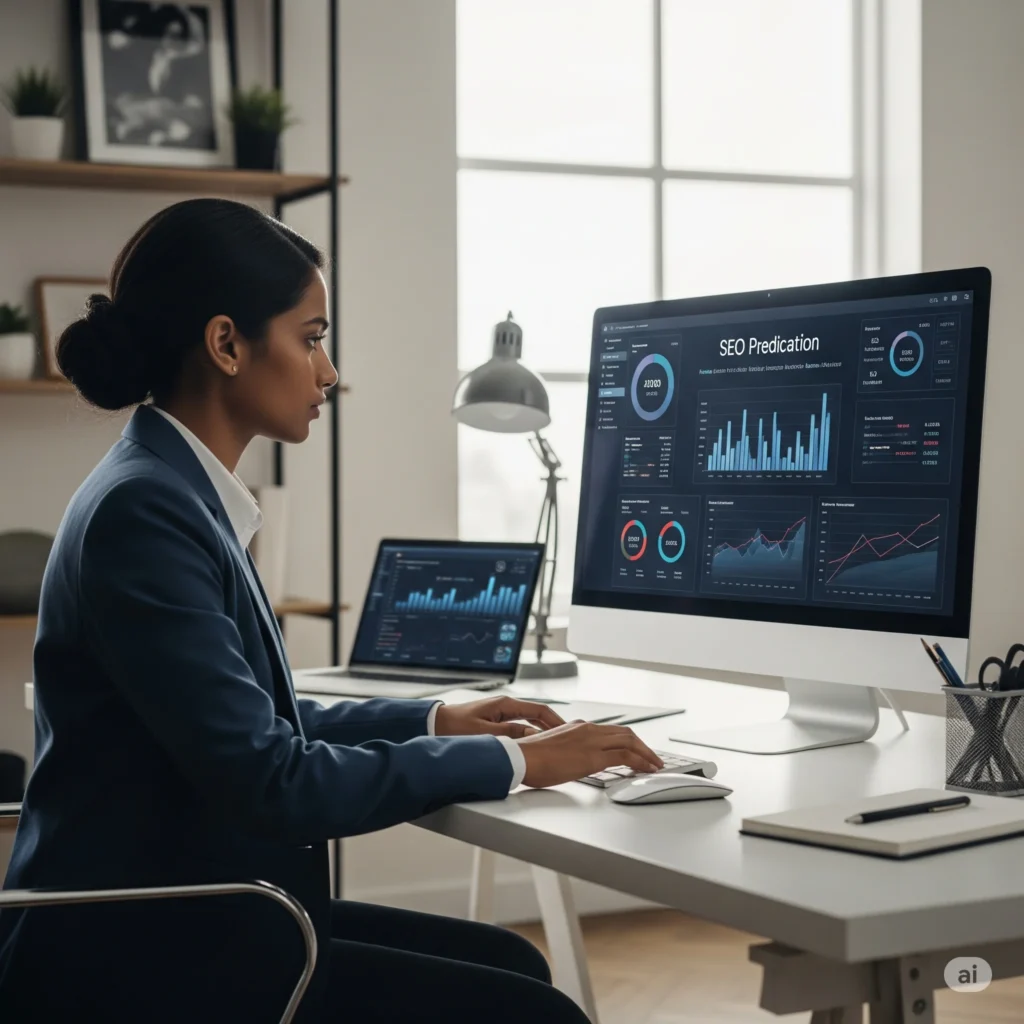
One of AI’s most strategic advantages in SEO is predictive analytics – using historical data and ML to forecast future outcomes. Rather than reactively tweaking rankings, top SEOs use AI to anticipate trends and stay ahead. Predictive models ingest data like keyword ranking history, traffic patterns, and algorithm updates to answer questions such as: “Which keywords are likely to gain volume next quarter?” or “Which content will need updating based on emerging queries?”
As one SEO guide explains, predictive analytics “enables companies to navigate the complexities of the ever-changing digital landscape with more confidence”. By harnessing algorithms (regression models, decision trees, neural nets), it’s possible to forecast user behavior and search trends.
For example, a predictive tool might analyze past holiday-season traffic spikes and predict this year’s top seasonal keywords. Or it could learn that a small change in Google’s algorithm historically boosts content with certain tags, so it alerts you to optimize similar pages. AI also helps model how competitors’ changes could impact your site. With these insights, SEO experts can fine-tune their strategy proactively.
Instead of scrambling after an update, they might adjust content and backlinks ahead of time.
In practice, predictive SEO might involve:
- Traffic Forecasting: Predicting future organic traffic for a campaign, helping set realistic goals and budgets.
- Content Performance: Estimating which topics will trend, so you produce content before demand peaks.
- Rank Probabilities: Assigning probability scores that a keyword will rank in the top 10 within 3 months if optimized.
- Personalization Predictions: Using AI to forecast which personalized content (for different user segments) will drive more conversions.
SEOs often pair predictive analytics with generative AI: the model suggests the likely “concepts that are not only reactive but also proactive”. This means planning content with future intent in mind, not just current search volume. Overall, predictive AI reduces guesswork and aligns SEO efforts with upcoming user needs. It enhances accuracy (by basing decisions on data patterns) and helps scale strategy across many campaigns. As one marketing expert notes, predictive AI gives you “the data you need, when you need it, to make faster, more effective decisions”.
Scalability, Accuracy, and ROI with AI
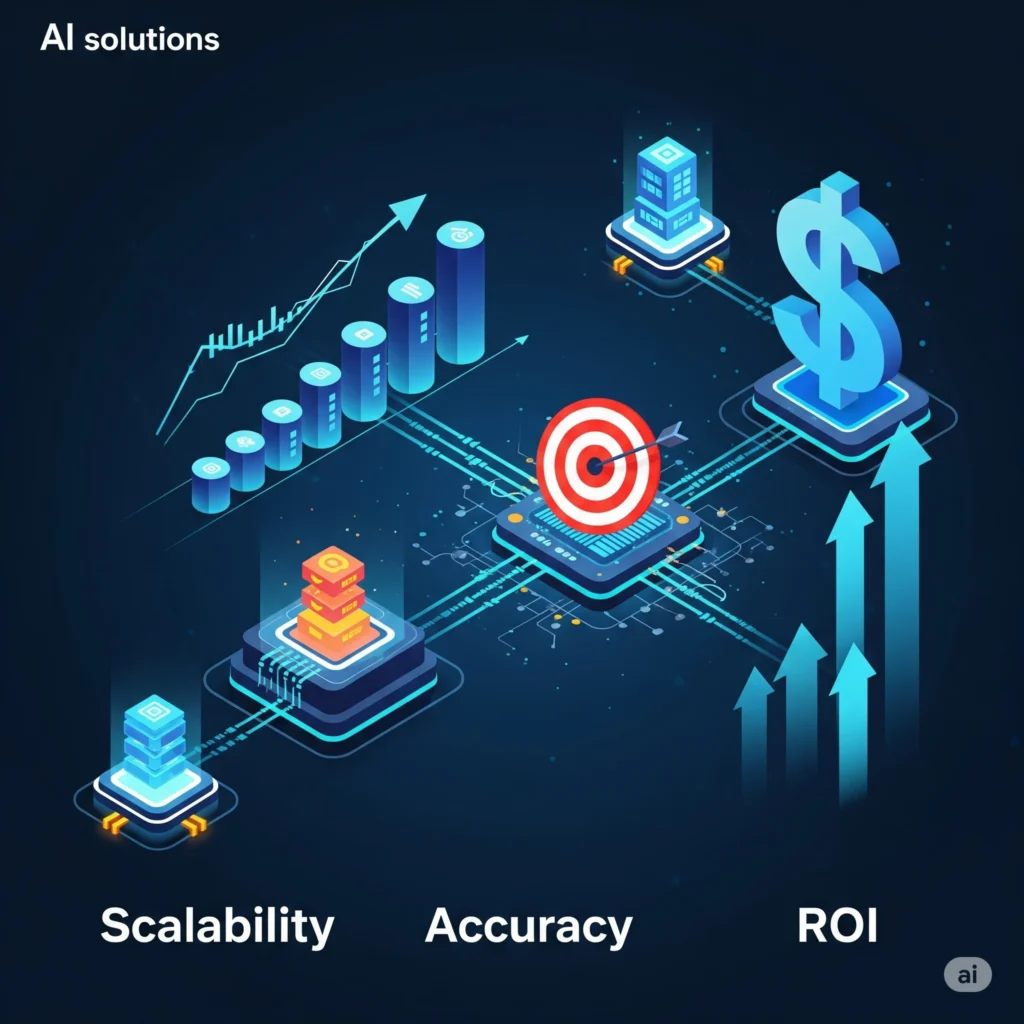
The cumulative benefit of AI in SEO is clear: higher accuracy, greater scalability, and stronger ROI. By automating and optimizing many SEO tasks, AI lets teams publish more content and run larger campaigns without sacrificing quality. For instance, generative AI means you can create dozens of draft articles per week, each already seeded with relevant keywords and structure.
Automated auditing and monitoring means technical issues are caught before they hurt rankings. These efficiencies compound over time: Skyword reports that regularly publishing AI enhanced content “lowers your organic cost per acquisition, making the long-term ROI of incorporating AI into your SEO strategy significant”. In other words, each new article or optimization job adds more value than it costs in time, because AI lets it reach the right audience more effectively.
Accuracy also improves. AI tools base recommendations on massive datasets rather than intuition. They spot patterns humans might miss (e.g. subtle correlations between content features and rankings).
This leads to fewer blind alleys in strategy. For example, an AI grader might reveal that adding a specific section on a page can boost its relevance by 15%, a nuance a human editor could overlook. As a result, campaigns hit their targets more often. Moreover, AI’s continuous learning (some tools update with new data) means strategies adapt as search evolves, reducing wasted effort on outdated tactics.
These advances translate into scalability. A human team can only write and optimize so many pages a month. With AI assistance, that throughput multiplies. Imagine scaling an SEO campaign from 5 to 50 content pieces per month: AI handles outline creation, keyword placement, and even first drafts, while humans polish and strategize. Technical scans that took days can run in minutes with AI bots.
This scale is crucial for large enterprises with hundreds of product pages or for agencies serving many clients. In 2025’s competitive landscape, “brands that align with [Google’s] principles and produce content tailored to user needs can see a direct connection between higher content volume and improved rankings”. AI makes that higher volume feasible while maintaining quality.
Industry leaders affirm this balance of efficiency and quality. Moz’s Willow Mack emphasizes that AI in their tools is about “decrease[ing] the time it takes to get to insights” so SEOs can “get to insights faster and move through their workday more efficiently. Neil Patel similarly warns that firms which don’t adapt to AI “risk being left behind,” since SEO now demands personalization and AI-driven strategie.
In practice, early adopters of AI-driven SEO report much higher ROI. They see improved rankings and traffic without proportional increases in budget or manpower. Rather than replacing human creativity, AI expands its impact: tools cover the data-heavy groundwork so experts can focus on strategy and high-level optimization.
Key benefits of AI in SEO:
- Accuracy: Data-driven insights reduce guesswork, aligning content and keywords with real user intent.
- Speed/Scalability: Automated content drafting, audits, and reports let teams handle much more work (and more sites/clients) in the same time.
- Consistency: AI ensures best practices (keyword usage, schema, alt tags, etc.) are applied uniformly, preventing oversight.
- Predictive ROI: By forecasting outcomes, AI helps allocate budget and resources to the most profitable strategies ahead of time.
- Human Focus: With AI handling routine tasks, human experts can concentrate on creative strategy, link building, and UX improvements.
Together, these advantages make AI a force multiplier for SEO. What once took a large team of specialists, months of work, or costly consultants can now be achieved faster and cheaper with AI-assisted workflows. As one analysis notes, the compounding effect of “publishing high-quality, search-optimized content” regularly – made easier by AI – can steadily improve domain authority and long-term traffic. In practical terms, companies report that AI-powered SEO campaigns see higher conversion rates and lower acquisition costs.
Conclusion

AI has rapidly become the secret weapon for leading SEO professionals in 2025. From optimizing content and deciphering search intent to automating technical audits and predicting trends, AI tools are embedded in every aspect of modern SEO. Platforms like Surfer SEO, Clearscope, Jasper, Semrush Copilot, Ahrefs AI, Moz Pro, and MarketMuse – along with giants like Google itself – are driving this transformation. By enhancing accuracy and efficiency, AI allows marketers to scale up efforts without losing precision, directly boosting ROI on SEO spend.
Top experts agree: SEO is not “dead,” but it is evolving. Those who leverage AI gain a decisive edge. As the SEO landscape shifts toward “search everywhere” and AI powered results, integrating these tools is no longer optional – it’s essential for staying visible. In 2025, AI’s blend of data-driven insight and automation makes it the ultimate ally in SEO, helping businesses reach their audiences more effectively than ever before.
Share this post :
Newsletter
Latest Post
Add Your Heading Text Here
Lorem ipsum dolor sit amet, consectetur adipiscing elit. Ut elit tellus, luctus nec ullamcorper mattis, pulvinar dapibus leo.

